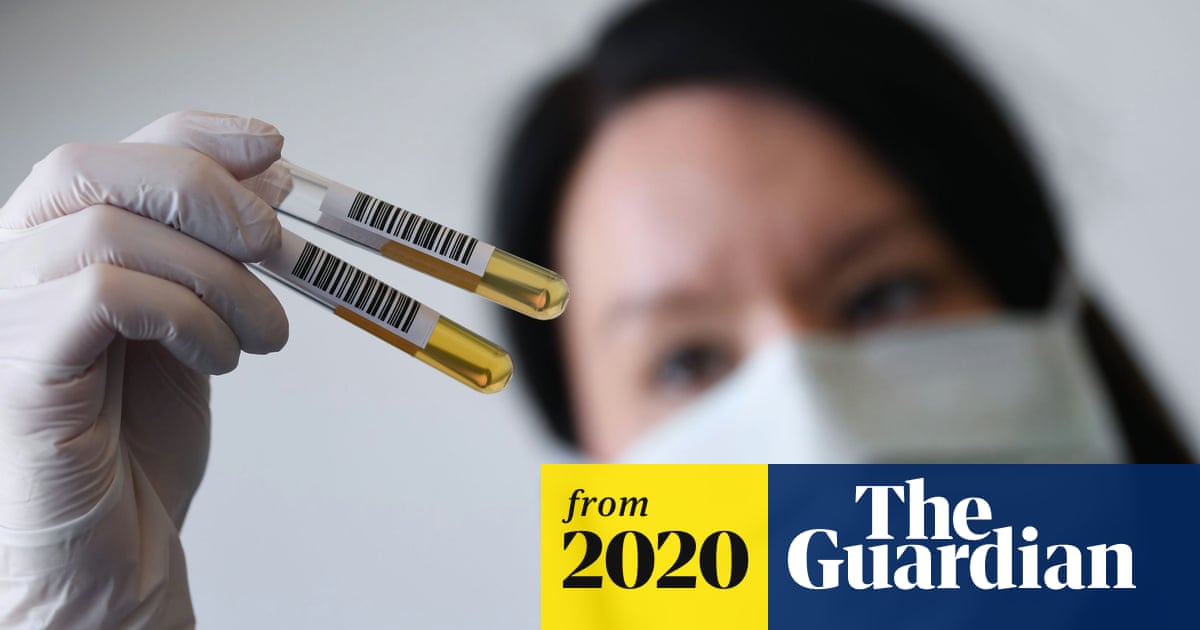Monarch Butterfly
Superstar
500,000 masks coming to Ontario after shipment halted at American facility
Published Monday, April 6, 2020 12:14PM EDT
Half a million N95 masks will arrive in Ontario later this week, despite a battle with the United States government over the much-needed personal protective equipment for front-line healthcare workers.
The news comes after a recent Ontario-bound shipment was halted at an American production facility this weekend – days after U.S President Donald Trump issued an order stopping N95 mask maker 3M from shipping their supplies to Canada and South America.
Ontario Premier Doug Ford revealed Monday morning that the “recent restrictions” at the U.S.-Canada border left the province with “roughly a one-week supply” of facial masks for those on the front-lines of the COVID-19 fight.
Ford said he felt a “glimmer of hope” after speaking with officials in the U.S. and Deputy Prime Minister Chrystia Freeland Monday morning and confirmed that he’s been told that 500,000 of those masks are on their way to Ontario.
“What I understand is that we had three million masks that were stopped by U.S. officials coming out of 3M in South Dakota,” he told reporters at a news conference Monday.
“I was just briefed not long ago that we were able to get 500,000 N95 masks moving forward that should be released today and coming into Ontario.”

Ontario premier thanks U.S. officials for deal that will allow shipments of N95 masks
Ontario Premier Doug Ford has thanked United States officials after a deal was made between manufacturing giant 3M and the White House that will allow Canadians to continue receiving shipments of N95 masks.toronto.ctvnews.ca
Trade for toilet paper?





